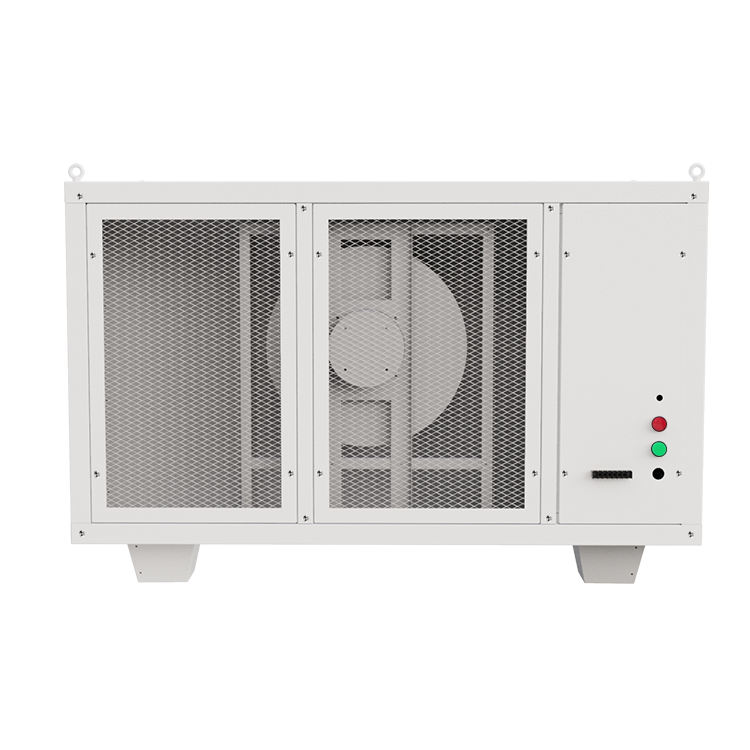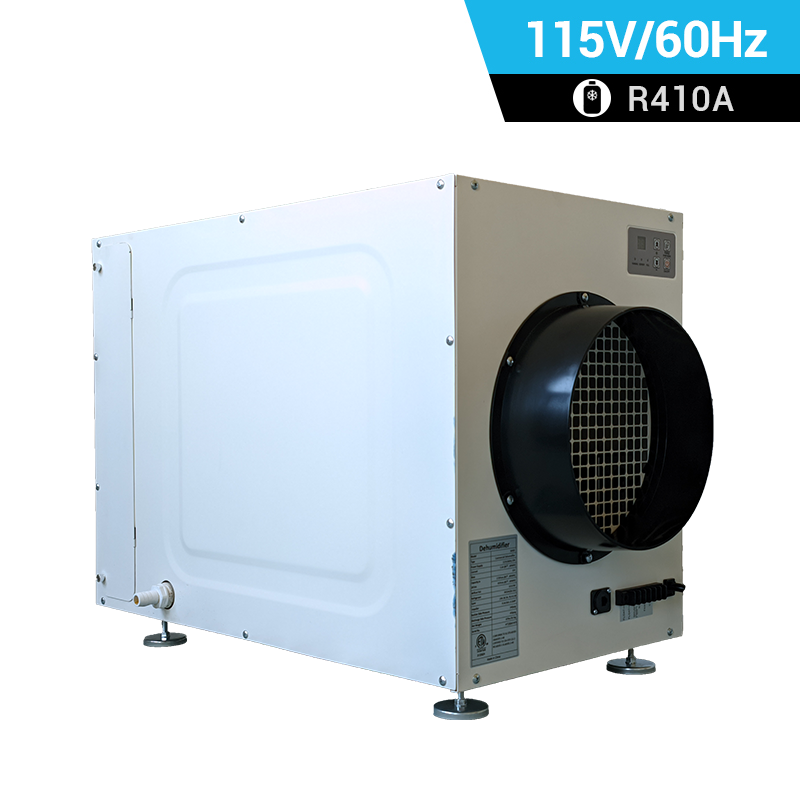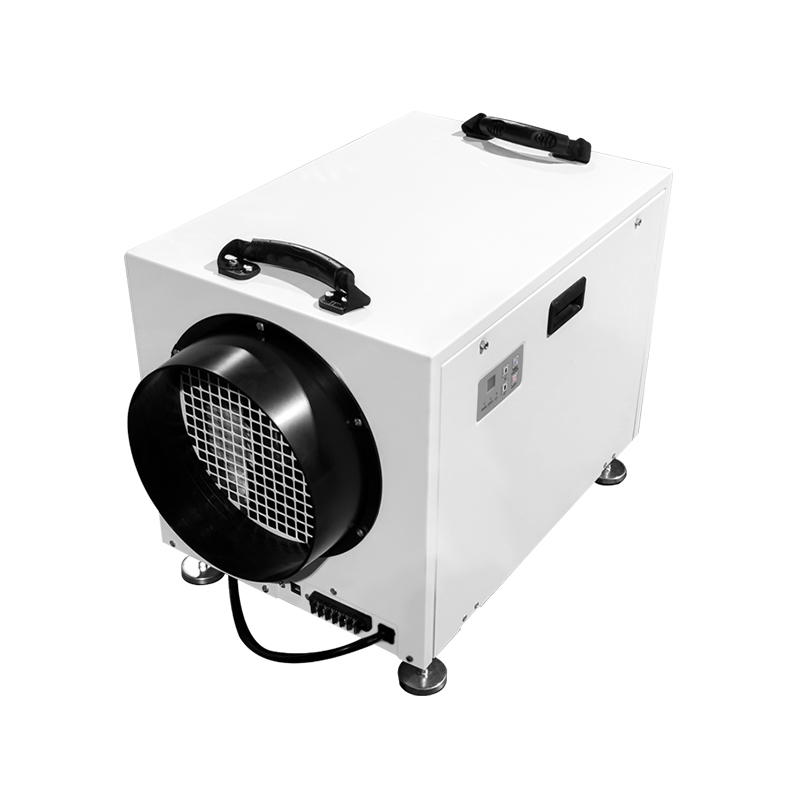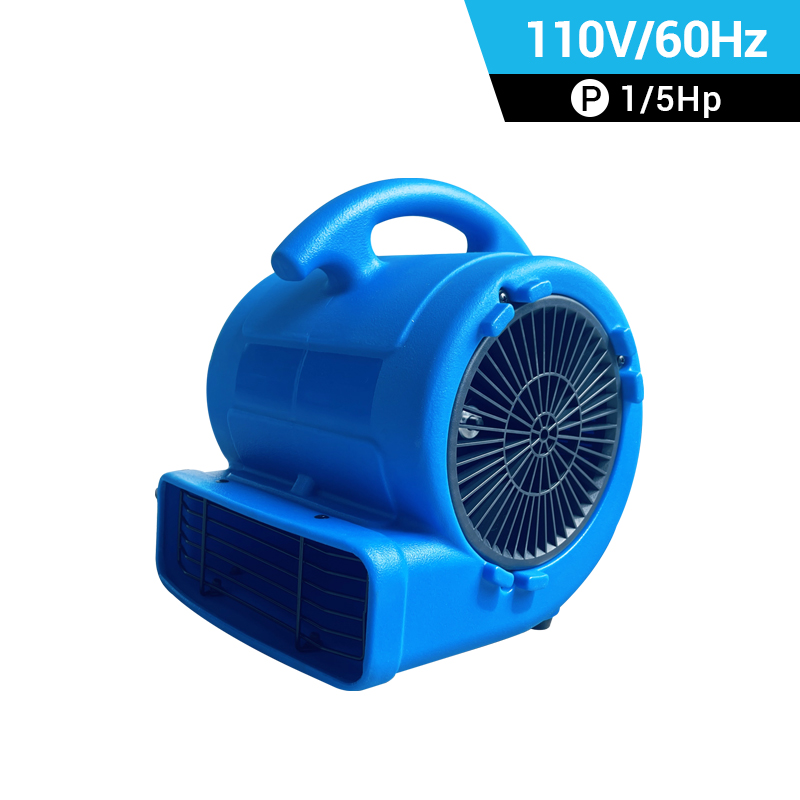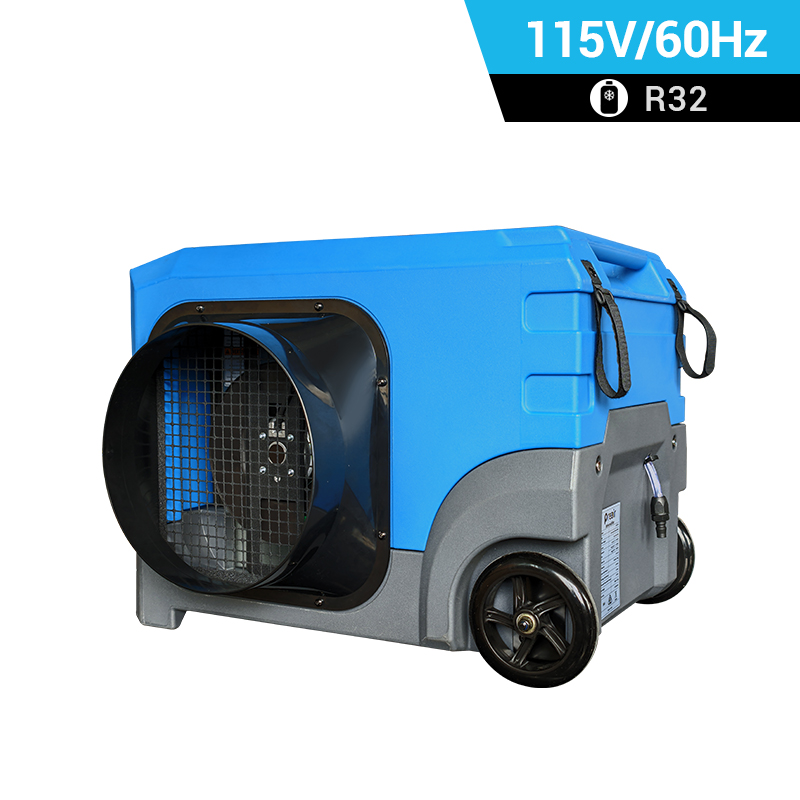 +86-13376814803
+86-13376814803  robert@hzhongtai.com
robert@hzhongtai.com
Do industrial dehumidifiers use a lot of electricity?
Industrial dehumidifiers can consume a significant amount of electricity due to their larger size, higher capacity, and more robust moisture removal capabilities compared to residential dehumidifiers. The specific energy consumption of an industrial dehumidifier depends on several factors, including its capacity, operating conditions, and energy efficiency rating. Here are some key points to consider:
1. Capacity: Industrial dehumidifiers are designed to handle larger spaces and higher moisture loads, which often results in higher energy consumption. The capacity of an industrial dehumidifier is typically measured in pints or liters of moisture removed per day, and higher-capacity units tend to consume more energy.
2. Moisture Conditions: The humidity levels and moisture conditions in the space being dehumidified will impact the energy consumption. If the space has excessive humidity or a severe moisture problem, the high efficiency dehumidifier will need to work harder and for a longer duration, leading to increased energy usage.
3. Energy Efficiency: Industrial dehumidifiers can vary in terms of energy efficiency. Look for dehumidifiers with high energy efficiency ratings, such as those labeled with the ENERGY STAR certification. Energy-efficient models are designed to optimize moisture removal while minimizing power consumption.
4. Operating Settings: The settings at which the dehumidifier is operated can affect energy usage. For example, running the dehumidifier at higher humidity set points or fan speeds may consume more electricity.
5. Ventilation: Industrial dehumidifiers often require proper ventilation or ductwork to ensure efficient moisture removal. The power required to operate fans or blowers for air circulation and exhaust can contribute to overall energy consumption.
It's important to note that the actual energy usage of an industrial dehumidifier can vary significantly based on the specific model, conditions of use, and other factors mentioned above. Consulting the specifications of the dehumidifier manufacturer, energy labels, or seeking expert advice from the manufacturer or supplier can provide more precise information about the energy consumption of a particular industrial dehumidifier model.
To optimize energy efficiency, consider implementing other moisture management strategies such as proper insulation, air sealing, and addressing any underlying moisture sources to reduce the workload on the dehumidifier and minimize energy consumption.
Related Products




